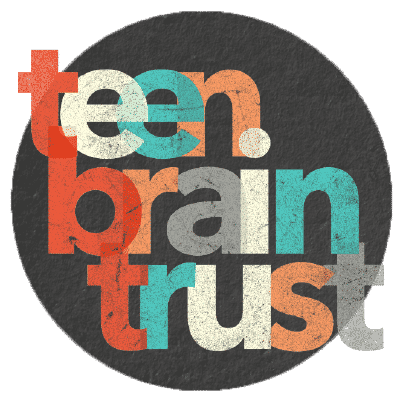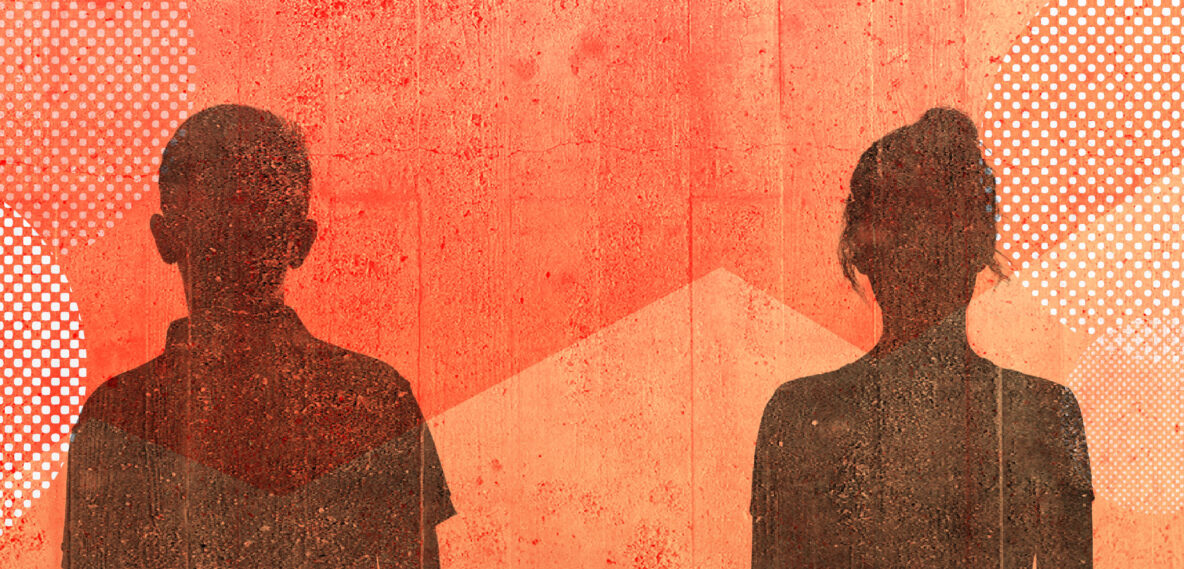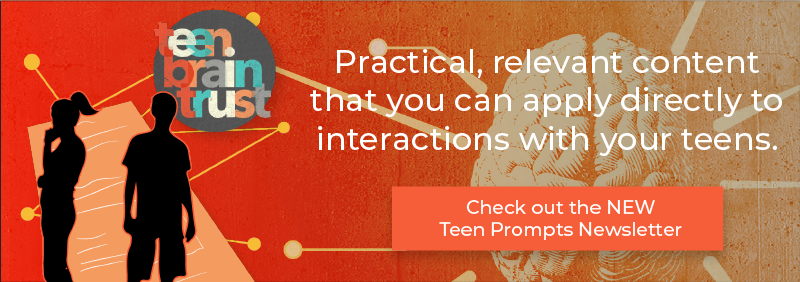[4:00 minutes to read]
“Now you know, and knowing is half the battle”
This was the tagline of a number of PSA’s that took place during the TV show, G.I. Joe: A Real American Hero, which aired during the mid 80’s. You probably have a vague memory of some of these but here’s a YouTube rabbit hole to go down if you feel like wasting a few minutes:
We almost never do what we ‘think’ we should do. Instead, we do what we feel like doing then justify it with logic later.
This series of PSA’s covered a wide range of topics, everything from “What to do if you catch fire” to “Don’t swim during a thunderstorm”. Each PSA took situations kids might find themselves in (like being on fire) and educate them about how they should act when that happens. The idea being that if kids know better that will stop them from making bad decisions in the future.
What a lovely sentiment, right? It’s certainly something that every parent everywhere has tried at least once or twice (or a thousand times).
The problem is that, in most situations, knowing is not even close to half the battle.
Most modern research into behavior and decision making shows us that knowledge is very rarely a central factor in decision making. Knowledge can be very helpful, but only if we are allowed the luxury of taking time to think critically before making a decision. As it turns out, most of the decisions we make are not made under the influence of critical thinking and cold logic.
We almost never do what we ‘think’ we should do. Instead, we do what we feel like doing then justify it with logic later. What we want to do and what we feel like doing are far more influential in our decision-making process than any kind of knowledge or information. For example, if we do happen to catch on fire our actions are very likely to spring from us wanting to not be on fire anymore rather than us taking the time to think critically about whether or not we should be on fire.
Another big influencer in our behavior and decision making is our habits. This is why there is a multi-billion dollar industry around losing weight. If losing weight was as simple as knowing how to lose weight then people would all be at their ideal weight. Unfortunately, ‘knowing better’ is not enough, it is not even half the battle.
But this is also where training and experience make a difference. A personal trainer will not struggle as much as the average person with eating right or exercising enough because they have healthy habits built around this area. A firefighter will react much better to being on fire than you or I will, they have training and/or experience that helps them react to being on fire in the correct way, without thinking.
So when it comes to influencing behavior the real power comes, not from knowledge, but from training and building habits and from emotion regulation.
The fallacy of G.I. Joe, this idea that ‘knowing is half the battle’ is one that we need to set aside both when it comes to our own decisions but also to influence the decisions of our kids and teens.
The irony here is that knowing that ‘knowing isn’t half the battle’ is unlikely to have a great influence over the existing cognitive bias you have around this information. It’s going to take practice to set this idea aside.
But now you know, and that’s the beginning of the battle.
Share this Post


